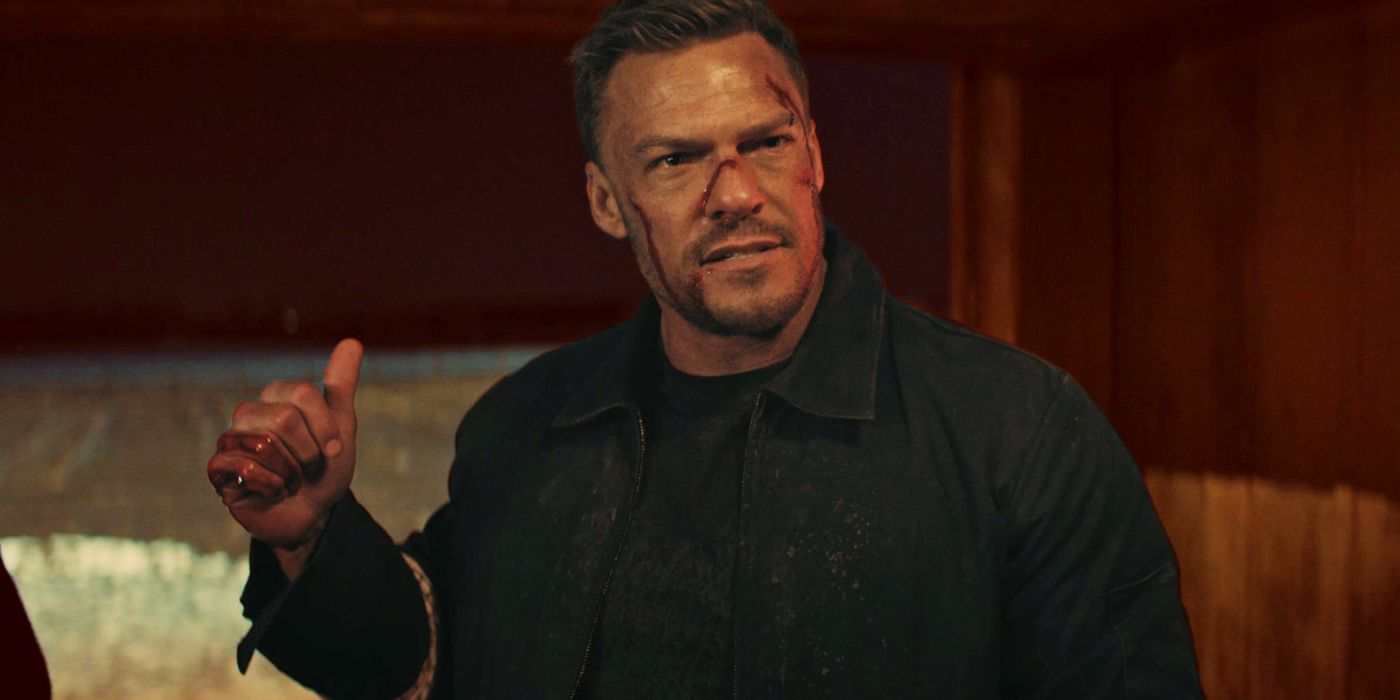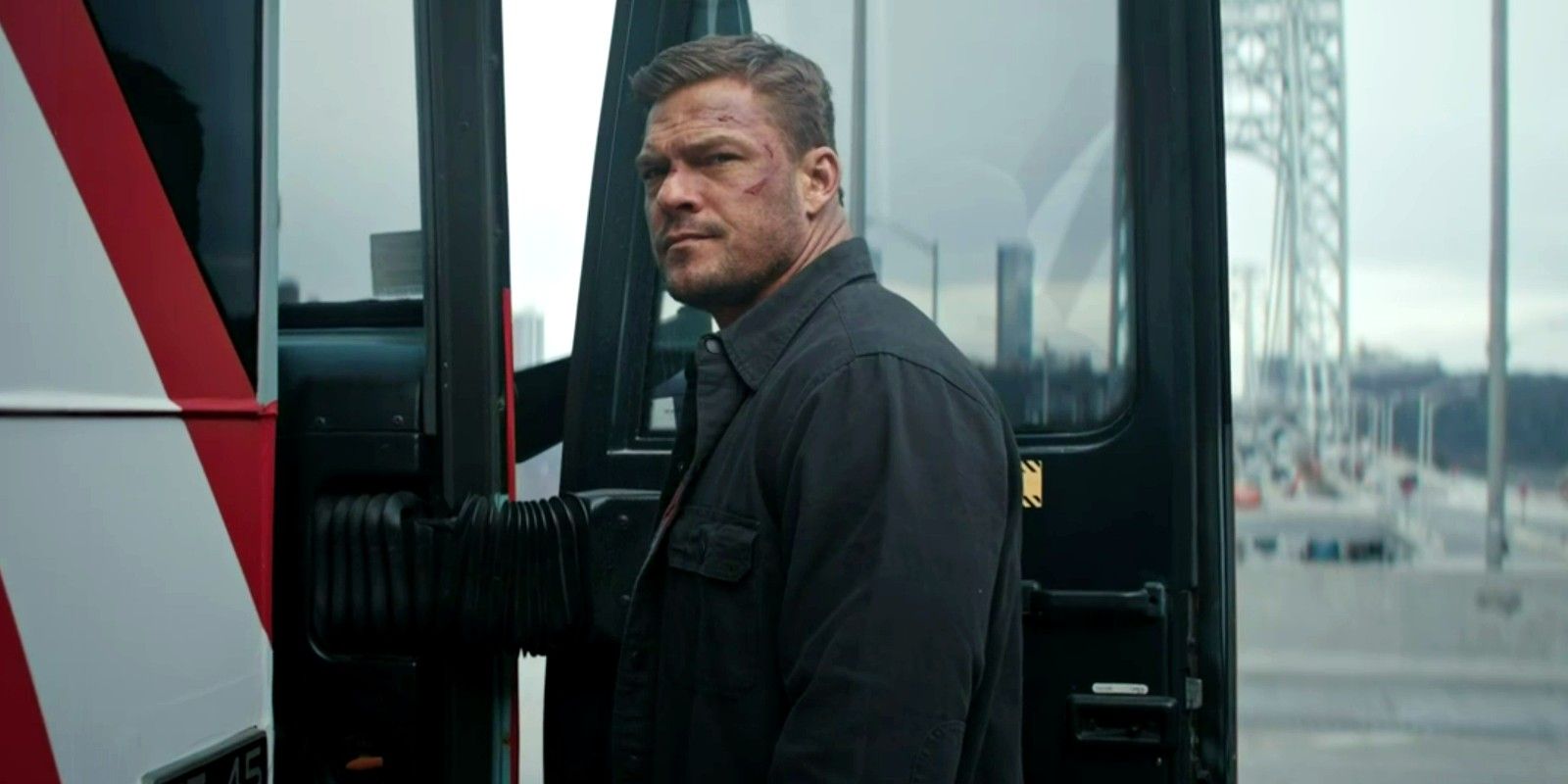Despite general positive praise, Reacher season 2’s Rotten Tomatoes audience score reveals that the new installment pales in comparison to season 1.

SUMMARY
Reacher season 2 received a disappointing 80% audience score, in contrast to the impressive 98% Tomatometer score from critics.
Despite numerous twists, the season failed to fully satisfy viewers who felt season 1 had set a higher standard with its 91% audience score.
The show remains one of Prime Video’s biggest hits, with season 3 already filming.
The audience reception for Reacher season 2 has been underwhelming. Based on Lee Child’s book series, Prime Video’s latest hit follows the adventures of Jack Reacher (Alan Ritchson) as he takes down criminal organizations and battles various enemies.
The second installment saw him team up with his old military friends to avenge a fallen ally, all the while being hunted themselves.
With Reacher season 2 having now ended, audiences were not completely satisfied with the new set of episodes. While the critical score on Rotten Tomatoes was 98%, the audience score was 80% based on over 1000 tabulated reviews. While the audience score is still considered “Fresh,” it pales in comparison to the 91% the show scored for season 1.
Why Were Audiences Disappointed With Reacher Season 2?

Unlike season 1, which featured Jack undergoing his own journey, season 2 saw the titular character teaming up with a familiar squad. The season 2 premise involved the hero having to reunite with the 110th Special Investigations Unit to solve the death of a former member.
While the new episodes tried to maintain the show’s elements, such as the action, the shift to the team dynamic proved to be a shortcoming, leading to dissatisfaction from audience response.
Reacher season 2 was based on Bad Luck and Trouble, the eleventh Jack Reacher book.
The titular hero is typically a loner who explores different parts of the country, so he encounters new people each season. This is the case with the books, where each novel introduces new characters aside from the hero himself.
This approach is beneficial to developing Jack since it serves a purpose for him to explain his thoughts and have people check his more antisocial behaviors.
Season 1 took advantage of this when Jack’s companions were new to his methods. Unfortunately, season 2 already lacked this depth since the team was already familiar with his habits, leaving little room for exploration.
Other issues included cliché fight scenes and poorly edited flashbacks. In particular, the flashbacks ruined many tense moments by repeatedly interpreting a strife with campfire and office scenes. Although the trope was important in establishing Reacher’s friendship, it hurt the pacing severely.
As a result, it is not surprising that audiences have mixed-to-negative feelings about season 2, and there are likely concerns about Reacher season 3 if it goes in a similar direction. However, early teases for season 3 hint that the show will return to its older ways, so it is only a matter of learning from these errors and changing things for future episodes.